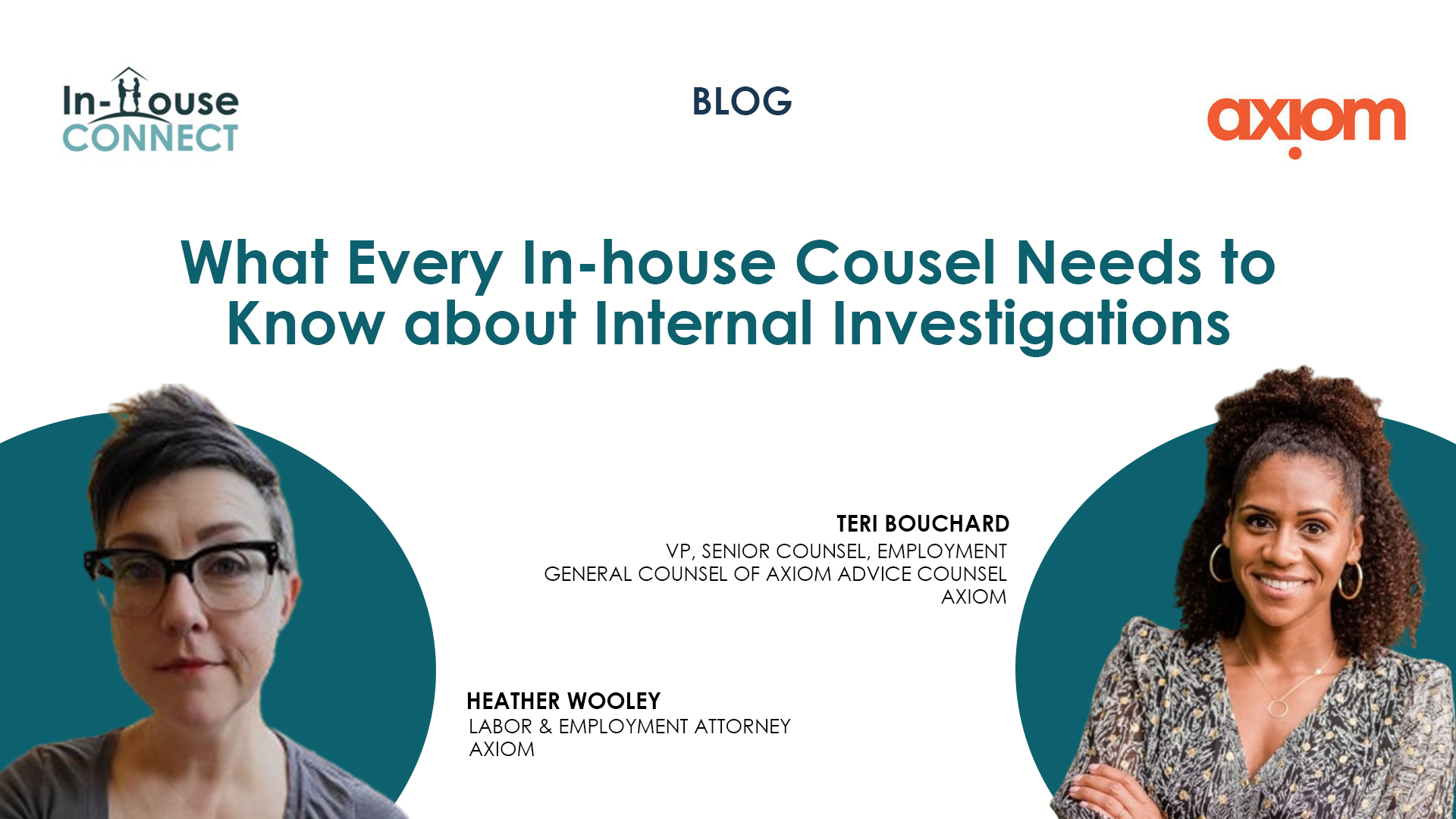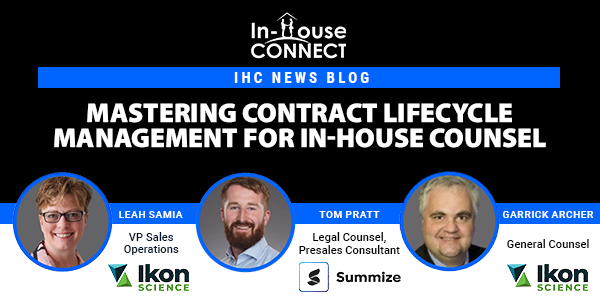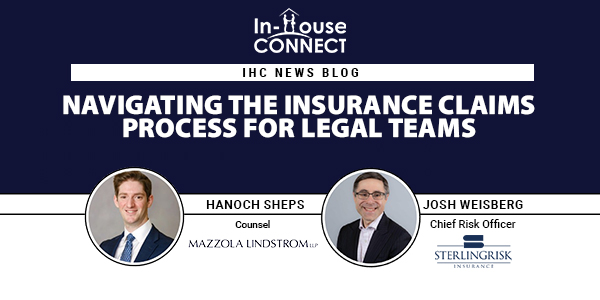In a recent webinar hosted by In-House Connect, a panel of legal experts David Ackert (Founder + CEO of PipelinePlus), moderates a panel of in-house and outside counsel, featuring Catherine Zinn (Chief Client Officer, Baker Botts), Mariana Loose (Alston & Bird), Kris Ashman(General Counsel, Bearcom), Marty Chao (Senior Corporate Counsel, Shein) and Pia Thomson (Founder + Fractional GC, LawsomeGC) discussed effective communication strategies.
Timely Email Responses
Timely email responses are a critical aspect of communication strategies. Promptly acknowledging emails within 2-4 hours is a key element of effective communication strategies. This approach reassures clients that their concerns are being addressed and helps prevent misunderstandings about the status of communication. Setting clear expectations for responsiveness is essential to align with business needs and minimize potential confusion, which is a fundamental component of successful communication strategies.
Client Feedback and Active Listening
Gathering client feedback is another crucial element of effective communication strategies. Informal check-ins, as opposed to formal feedback requests, facilitate better understanding and active listening. This method allows for deeper insights into client needs and preferences, making it a vital part of communication strategies. Regular, hands-on feedback fosters stronger connections and ensures that services are tailored to client expectations, enhancing overall communication strategies.
Over-Communicate Expectations
In environments where responsiveness is crucial, the absence of communication often leads to complaints. Over-communicating expectations from the start is a significant aspect of effective communication strategies. Clearly outlining these expectations ensures alignment and helps avoid potential issues. This proactive approach is essential for maintaining effective communication strategies and preventing misunderstandings, making it a key practice for success.
Proactive Outreach and Business Development
Proactive outreach is a vital component of effective communication strategies. Reaching out before needs arise demonstrates a genuine interest in the client’s business and builds a strong foundation for future collaboration. Proactive measures, such as personalized gestures like handwritten notes or consistent, value-driven communication, are essential to successful communication strategies. These practices highlight the importance of being proactive in business development and client relations.
Forming Genuine Human Connections
Forming genuine human connections is a crucial element of communication strategies. Beyond transactional interactions, building friendships and maintaining regular, unprompted communication on non-work matters strengthen relationships. Showing authentic interest in the client’s business enhances partnership quality and is a fundamental part of effective communication strategies. This approach fosters a more personal and meaningful connection with clients.
Handling Challenging Situations
Handling challenging situations effectively is another important aspect of communication strategies. Addressing issues such as unprofessional behavior requires transparency and direct communication. Whether resolving conflicts or considering the termination of a relationship, managing these situations openly is crucial. Effective communication strategies play a key role in navigating challenges and maintaining trust within professional relationships.
Adapting to Changes and Preferences
Tailoring communication to individual preferences is a key aspect of communication strategies. Understanding and adapting to preferences, whether for virtual connections or in-person meetings, allows for more meaningful interactions. Effective communication strategies involve recognizing and accommodating these preferences to build stronger connections and enhance relationship quality.
Maintaining Close Relationships
Maintaining effective communication is an ongoing process and a critical part of communication strategies. Understanding client needs, offering tailored solutions, and staying engaged even after losing a pitch are best practices for sustaining long-term relationships. These practices are integral to successful communication strategies and help build a robust, supportive professional network.
Effective communication strategies are integral to building and maintaining high-value partnerships between in-house and outside counsel. By prioritizing these practices, legal professionals can cultivate strong, productive relationships and align more closely with client needs.
Missed The Webinar? You can watch it now via IHC On-Demand!







